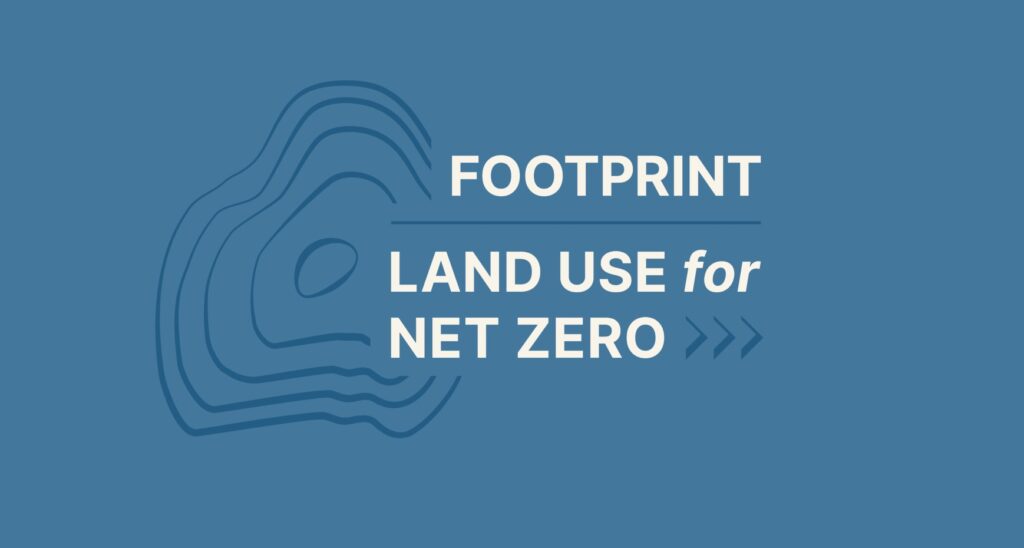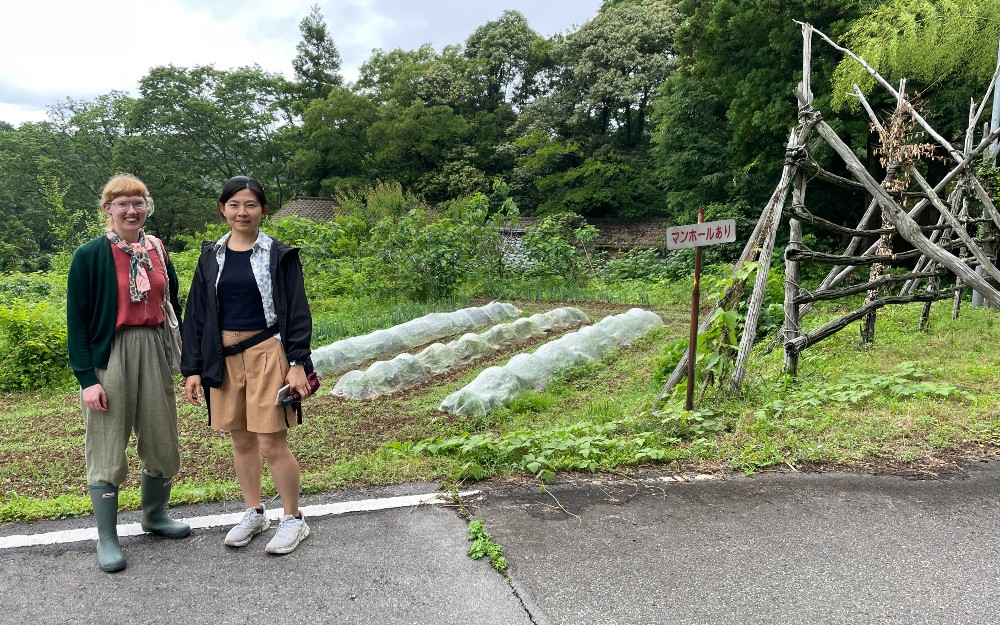Funded by the Department for Environment, Food and Rural Affairs, this project set out to build an understanding of farmers’ current and future willingness to vaccinate, or facilitate the vaccination of, cattle and badgers against bovine Tuberculosis (bTB) in Great Britain. Bovine tuberculosis (bTB) is widely recognised as the UK’s most challenging animal disease, costing the UK taxpayer in excess of £100m per annum (Defra, 2014). The disease has serious socioeconomic consequences for cattle farmers due to the slaughter of infected animals and restrictions on livestock movements.
Transmission pathways for cattle take two main forms: badger to cattle and cattle to cattle. Cattle vaccination is potentially the most viable long-term solution for tackling bTB because of existing farmer awareness of the efficacy of other existing cattle vaccines (e.g., for BVD, pneumonia) and due to trust in veterinarians, who often advise farmers to vaccinate their livestock. The Government response in 2020 set out plans to accelerate work to develop a deployable cattle vaccine (by 2025) and to evolve badger control policy with increased support for badger vaccination after intensive badger culling. Badger vaccination in this case may be taken up locally by badger cull groups or more likely by wildlife groups or new organisations. In addition, whilst Defra are working hard to develop a road map for vaccination, this is not yet in place, resulting in uncertainty. This roadmap will likely affect vaccination uptake.

This is therefore an important time to re-assess farmer views and decision-making about cattle and badger vaccination. This is because in addition to policy shifts, there have been past confidence issues with the BCG vaccination due to a perceived lack of efficacy in badgers and cattle, the need to raise awareness about DIVA testing which can differentiate between vaccinated and unvaccinated cattle, and mixed results in terms of reduced disease pressure in some badger culling trial areas.
The work was conducted in five case study areas across England and Wales. In each area, we conducted two participatory workshops (one on cattle vaccination, one on badger vaccination) and five stakeholder interviews, with the intention that workshop participants attended both sessions. The workshops required farmers to respond to several likely scenarios that were developed using a behavioural framework that captures the main things that influence or motivate (farmer) behaviour: making choices easy, attractive, social and timely (EAST). Findings from the interviews and workshops will be translated into policy instruments which contribute to bTB eradication.
A news report published following the project is available here. The full Cattle and Badger Vaccination Reports are also available.
CCRI Ref: 2021-044




